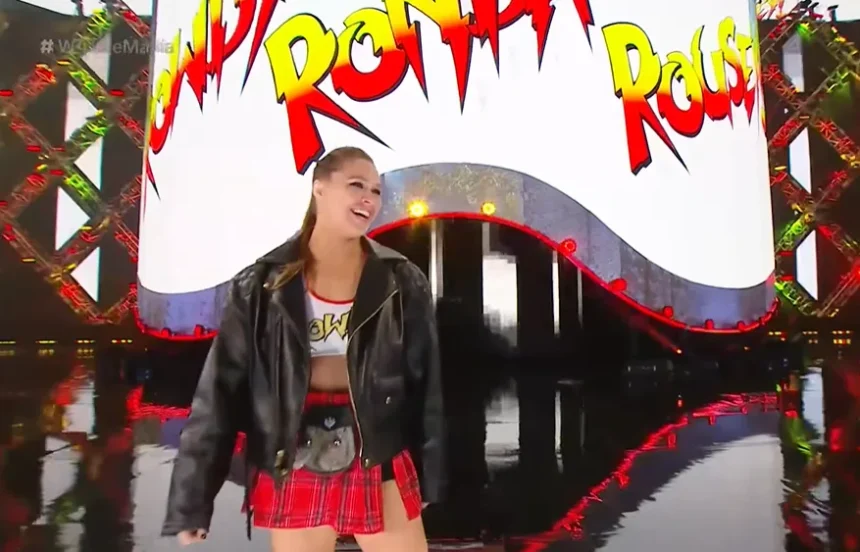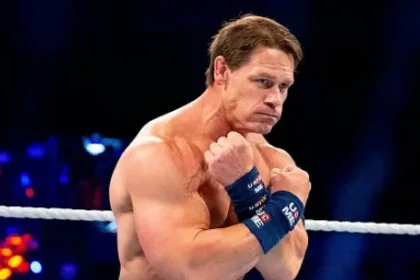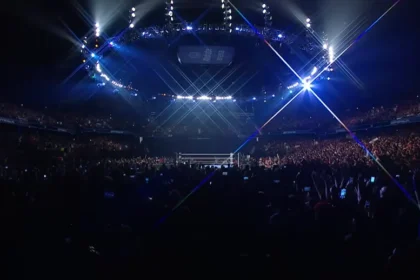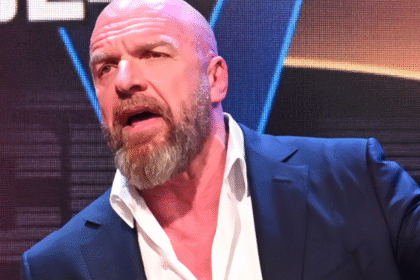1. What She Said: No Holds Barred
WWE legend Ronda Rousey recently pulled no punches in describing her relationship with former CEO Vince McMahon, branding his approach as indirect and evasive or what she bluntly called “sheisty carny s***.” She contrasted his style with the directness she appreciated in Dana White, her UFC boss, during a candid chat on The Lapsed Fan Podcast. (ITR Wrestling).
- 1. What She Said: No Holds Barred
- 2. The Breakdown Cowardice vs. Candor
- 3. From MMA to WWE: A Tale of Two Leadership Styles
- 4. Legacy in Spotlight: A Career Rooted in Truth
- 5. Behind the Scenes: What Might Have Gone Wrong
- 6. Commentary: When Directness Becomes Priceless
- 7. What This Means for the Industry
“He would say whatever he had to say to get me out of the room… then do some sheisty carny s***,” Rousey stated, emphasizing her inability to tolerate such ambiguity. “[…] I can’t work with people who aren’t straightforward.”
Her point was clear: McMahon’s indirect manner wasn’t just frustrating, it was a dealbreaker.
2. The Breakdown Cowardice vs. Candor
Rousey suggested that McMahon’s evasiveness stemmed from a fear of confrontation: had he been more straightforward, “he would have gotten something back,” she said. In her world, bold clarity, not political maneuvering, was the currency of professionalism.
3. From MMA to WWE: A Tale of Two Leadership Styles
Her disappointment is not only personal, it is philosophical. Rousey had found transparency and accountability with Dana White. In McMahon, she discovered smoke and mirrors. Not disagreeing with each other was not enough; it was respecting each other to be direct.
4. Legacy in Spotlight: A Career Rooted in Truth
Rousey left her mark in WWE history: she debuted at WrestleMania 31, quickly ascended to the top of the Raw Women’s title, won the Royal Rumble, and became the first woman in WWE history to headline WrestleMania 35. But behind that performance was strife between process and performance, and behind that process was a hypocritical attitude on the part of McMahon, the attitude which drained her.
5. Behind the Scenes: What Might Have Gone Wrong
- Undelivered Storyline: Rousey deeply wanted a feud between her MMA “Four Horsewomen” group and their WWE counterparts, Charlotte Flair, Becky Lynch, Sasha Banks, and Bayley. Though frequently teased, it never materialized. That unfulfilled promise weighed on her heavily.
- Ultimatum Drama: At one point, Rousey demanded to work with Shayna Baszler, one of her MMA teammates. That insistence led to a short-lived Women’s Tag Team Championship with Baszler, one of the rare times she felt WWE heard her. (ITR Wrestling)
6. Commentary: When Directness Becomes Priceless
In a business built on character and spectacle, authenticity still matters. For someone like Rousey, raised in combat sports, wrestling became a new arena, but she needed honesty to thrive.
Her reaction to McMahon’s approach lays bare a deeper need: wrestling isn’t just about glitz, it’s about trust within and beyond the ring. McMahon’s carefully scripted distance might’ve protected his power, but pushed away one of the industry’s most iconic performers.
Summary Table Rousey vs. The Corporate Roundabout
| Theme | Rousey’s Perspective |
| Leadership Style | Dana White = straightforward; McMahon = evasive “carny” |
| Core Issue | Lack of direct communication, leading to frustration |
| Creative Rift | Promised storylines (e.g., Four Horsewomen feud) were not realized |
| Impact | Her withdrawal from WWE closed the chapter on her career |
| Legacy Moment | Despite backstage struggles, her in-ring achievements remain untarnished |
7. What This Means for the Industry
Rousey’s remarks serve as a wake-up call: success in wrestling and beyond is built on communication, not just charisma. Her words may now inform how future stars are treated, especially those who bring value and authenticity to the table.











